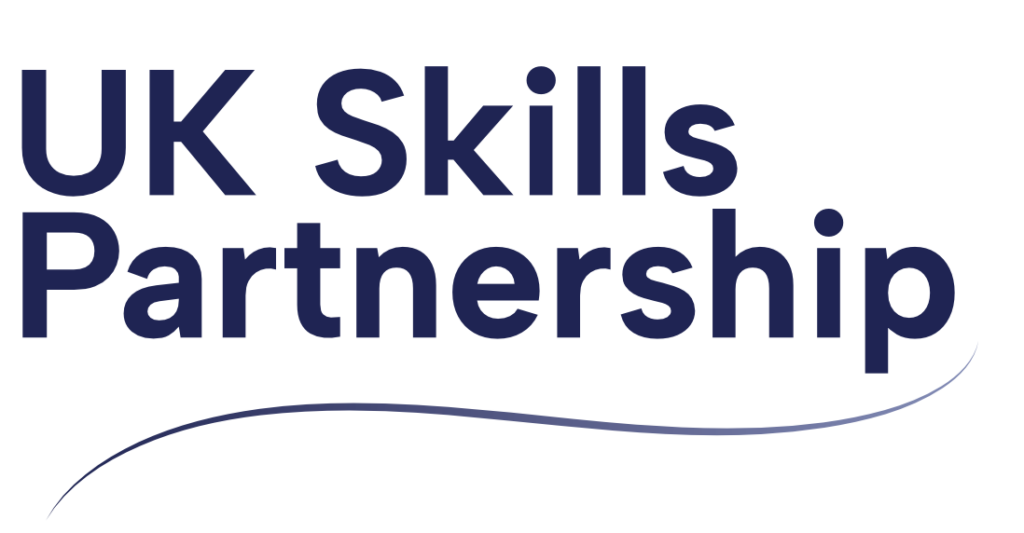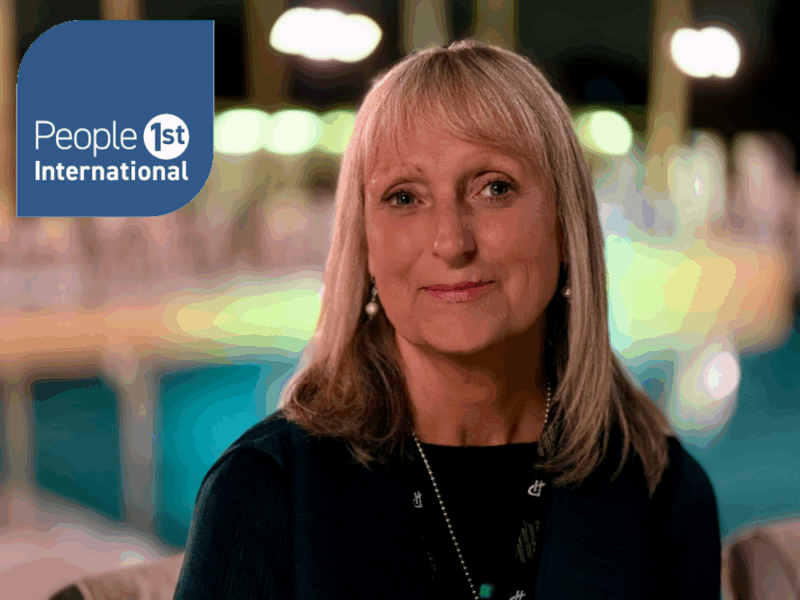The Eastern Europe and Central Asia (EECAN) region is on a path of transformation, with developing economies projected to grow by 3.3% in 2024 (World Bank). This steady progress is unlocking new opportunities across various sectors, with the development of human talent at the heart of this transformation. Equipping people with the right skills is essential not only to bridge existing gaps but also to reinvigorate economic growth across the region.
From enhancing vocational training to driving economic inclusion, we’ve supported the region by exporting solutions that prepare workforces for the future and drive meaningful change. As recognised Export Champion for the Department for Business and Trade, here we share our experiences to help others explore opportunities and navigate challenges in the EECAN region.
Our work across the region
Every region we work in offers its own set of opportunities and complexities. In EECAN, our focus has been on tailoring solutions to meet the diverse needs of its countries and industries.
Economic and social inclusion: Promoting gender equality, access to education and the integration of marginalised groups into the workforce are vital to unlocking the full potential of these economies. In Moldova, we tailored work-based learning programmes to help marginalised communities enter the labour market, while in Georgia, we supported the creation of sectoral skills organisations to drive sustainable growth. By addressing these critical barriers, we have helped drive inclusive economic development that benefits individuals and businesses.
Revolutionising TVET policies and strategies: A key focus of our work has been strengthening education systems by aligning technical vocational education and training (TVET) with industry needs. In Kazakhstan and Mongolia, we conducted in-depth evaluations of TVET programmes, helping to enhance their relevance to industry demands, while in Uzbekistan, we extended our impact by building skills for the tourism sector, providing capacity building for government organisations and establishing industry-specific academies such as the Meros Academy. Through these collaborations with governments and local organisations, we have helped shape policies and strategies that promote dynamic education and workforce ecosystems.
Capability and capacity building: Building local expertise and leadership is crucial for ensuring sustainable, long-term growth. In Turkey, our youth inclusion programme for the tyre manufacturing industry provided specialised training to create employment opportunities and build a skilled and diverse workforce. Similarly in Armenia, we established sector-specific skills development centres that serve as critical hubs for training and innovation. By aligning training with industry needs in both countries, we’ve expanded local capacity, introduced global standards and empowered young people, ensuring these industries remain competitive and resilient.
Globally recognised skills solutions: Education is a bridge between aspiration and opportunity. By offering globally recognised training programmes, we’ve helped regions maximise workforce potential. In Azerbaijan, we designed bespoke traineeship and apprenticeship programmes that connect education with employment, creating valuable opportunities for young professionals. In Ukraine, we contributed to event-driven skills development by tailoring volunteer customer service programmes for the Eurovision Song Contest. Through these initiatives, we’ve helped regions unlock new opportunities while ensuring that skills development aligns with both local and global demands.

